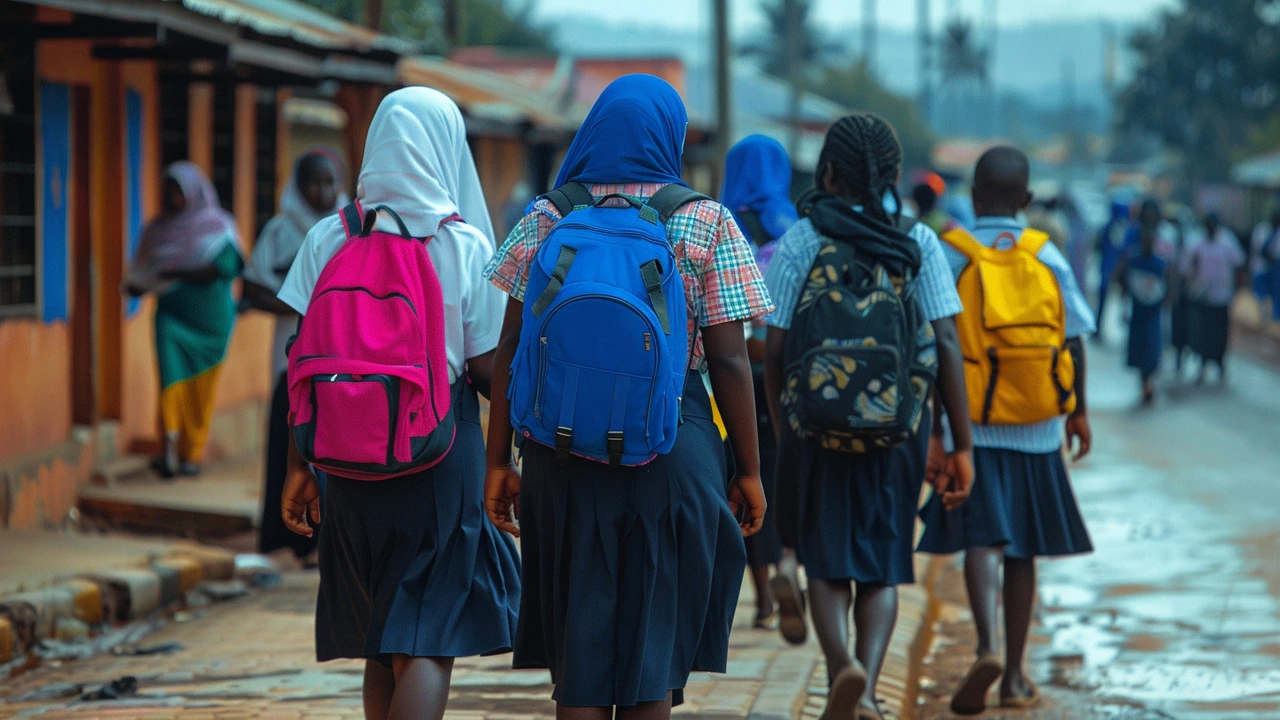Kenyan Schools Postpone Reopening Amid Rising COVID-19 Cases: Implications and Challenges

The recent announcement regarding the postponement of school reopening in Kenya has stirred widespread concern and confusion among the general populace. Scheduled initially for May 17, 2024, after an extended closure due to the COVID-19 pandemic, the deferment has affected countless families, educators, and students. The decision by the authorities hinges on the recent spike in COVID-19 cases across the nation, prompting a cautious approach towards resuming physical classroom learning.
Impact on Students and Educational Continuity
One of the profound impacts of this postponement is seen in the disruption of educational continuity. Students, especially those in rural areas, face significant challenges due to limited access to digital learning tools. The abrupt shift to remote learning has exposed the gaping digital divide within the educational landscape of Kenya. Rural students, in particular, are finding it tough to keep up with their peers due to a lack of essential learning resources like computers and stable internet connectivity.
Parents' Burden and Financial Implications
The delay in reopening schools also places an added financial burden on parents. Many families have been financially impacted by the pandemic, and the cost of facilitating online learning for their children has only added to their woes. Parents are now forced to invest in digital gadgets and pay for internet services, costs which were previously unforeseen. This financial strain is compounded by the fact that many parents in Kenya face decreased income due to the pandemic-induced economic downturn.
Teachers' Preparedness for Online Education
Teachers, the pivotal force in the education sector, have also been caught in a challenging situation. The transition from traditional classroom teaching to online methods has not been smooth. Many educators have struggled with a lack of adequate training in digital pedagogy. Coupled with insufficient resources, the effectiveness of online teaching and learning is severely compromised. This situation raises concerns about the quality of education students are receiving during this prolonged period of remote learning.
Government and Institutional Responses
In response to these challenges, the Ministry of Education, while announcing the delay, reassured the public that measures are being designed to ensure a safe return to school. These include enhancing infrastructure and hygiene protocols in schools to prevent virus transmission. However, details on these plans remain vague and the educational community is urging for more concrete actions and clear communication from authorities.
Looking Forward: Navigating the Pandemic's Impact on Education
As Kenya and the world at large continue to navigate the unpredictable tide of the COVID-19 pandemic, the need for robust educational strategies is more pronounced than ever. The development of comprehensive online educational resources and training programs for teachers must be prioritized to bridge the educational gap exacerbated by the pandemic. Moreover, a well-coordinated plan involving all stakeholders in the education sector is vital for the successful management of school reopenings. The ongoing situation serves as a stark reminder of the essential nature of agility and preparedness in educational planning and execution.
Write a comment